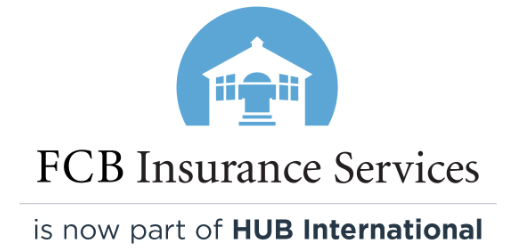Life insurance provides invaluable protection for your family in the event of your death. It ensures the ones you care about can continue to support themselves financially when you are gone. Yet, a recent study by the Life Insurance and Market Research Association reveals more than half of Americans do not have an individual life insurance policy and 30% have no life insurance coverage at all.
Whole Life Insurance
Whole, or permanent, life insurance provides a guaranteed death benefit, covers you for your entire life and pays the face value up to the maximum age. It also builds cash value over the life of the policy. A portion of your premium is invested and provides you with a minimum rate of return. The cash value grows tax-deferred; you pay taxes on the value only when it is withdrawn.
Some policies may even offer you the chance to earn dividends. These may be taken as cash or reinvested in your policy to help pay the premium, repay loans or increase the death benefit.
How much does it cost?
Your premium is determined by the amount of your death benefit, age, sex, health and life expectancy. As long as you continue to pay the premiums on time, your policy will remain in force.
Can I borrow money against my whole life policy?
One of the benefits of a whole life insurance policy is your ability to borrow money against the cash value of your policy. Some policies allow you to withdraw this money with no limitation. All you have to do is repay the loan with interest. If you fail to repay the loan, the final payout of your policy is reduced by the outstanding amount.
Taxes on whole life insurance
Whole life insurance benefits are not usually taxable to the beneficiary. However, there are some instances where the benefit may be taxed. For example:
- If you take an early payout on the cash value of the policy, you may be taxed on the amount that exceeds what you have paid in premium.
- If you receive dividends, they may be taxed if they exceed the amount you have paid in premium.
- If you fail to pay back a loan, any outstanding amount may be considered a taxable gain.
If you have questions on how your life insurance policy could be taxed, visit the IRS website.
Universal Life Insurance
Universal life insurance is a hybrid policy that:
- Enables you to build savings over time, and
- Offers you the flexibility to invest your savings and earn cash value on the policy.
Some people refer to universal life as a savings account with a life insurance policy attached.
Policy flexibility
You decide how to manage your savings and earnings with a universal life policy.
- You may choose to deposit more than the premium, ultimately increasing your savings.
- You may choose to use investment earnings to pay the premium and any administrative costs.
- You may add earnings to your death benefit.
- You may take a loan against the cash value of the policy.
- You may withdraw savings at any time to pay for larger expenses like a down payment on a home or college tuition.
Ultimately, there just has to be enough in the account to pay the monthly premium.
Indexed universal life insurance
The value of your universal life depends on the stability of the stock market. Therefore, if the market is doing well, your account should reflect that. If the market takes a tumble, so may the value of your policy. Fluctuations are to be expected.
As a result, you may want to consider indexed universal life insurance. It can provide safer investment options and is considered to be less risky than traditional universal life insurance.
Taxes on universal life insurance
Universal life insurance benefits are not usually taxable to the beneficiary. However, there are some instances where the benefit may be taxed. For example:
- If you take an early payout on the cash value of the policy, you may be taxed on the amount that exceeds what you have paid in premium.
- If you receive dividends, they may be taxed if they exceed the amount you have paid in premium.
- If you fail to pay back a loan, any outstanding amount may be considered a taxable gain.
If you have questions on how your life insurance policy could be taxed, visit the IRS website.
For more information
If you have questions about how whole or universal life insurance can benefit you and your family, talk to your broker or benefits adviser. They can answer your questions, help you determine which type of coverage is right for you and figure out how much coverage you may need to purchase.
Remember, life insurance helps protect the ones you love. It ensures they can continue to support themselves financially when you are gone.
This content is for informational purposes only and not for the purpose of providing professional, financial, medical or legal advice. You should contact your licensed professional to obtain advice with respect to any particular issue or problem.
Copyright © 2019 Applied Systems, Inc. All rights reserved.

